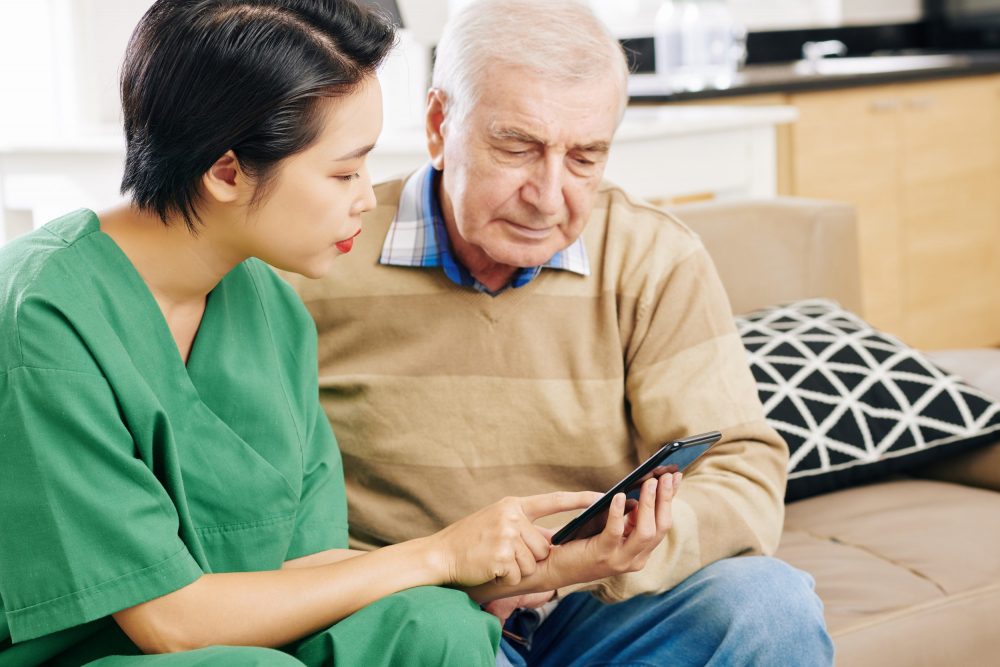As individuals age, their ability to perform daily activities and maintain independence may decline. In these situations, in-home caregivers play a crucial role in supporting individuals and helping them lead fulfilling lives. In-home caregivers provide assistance with tasks such as personal care, medication management, meal preparation, and companionship.
Their presence enables older adults to remain in their own homes, surrounded by familiar surroundings and cherished memories. Home care nurses are responsible for assessing patient needs, developing care plans, administering medications, providing wound care, monitoring vital signs, and providing emotional support. You can contact Comfort Keepers Home Care for the In-Home Care services and receive the care needed to help seniors remain in their homes.
1. Assistance with Activities of Daily Living (ADLs)
One of the primary responsibilities of an in-home caregiver is to assist older adults with activities of daily living (ADLs). ADLs include basic self-care tasks such as bathing, dressing, grooming, toileting, and mobility. For individuals who have limited mobility or physical impairments, completing these tasks independently can be challenging.

2. Medication Management
As people age, they often require multiple medications to manage chronic conditions and maintain their health. However, remembering to take medications at the right time and in the correct dosage can be difficult for older adults, especially those with cognitive impairments or complex medication regimens.
3. Meal Preparation and Nutritional Support
Proper nutrition is essential for maintaining overall health and well-being, especially for older adults. However, cooking nutritious meals can become challenging for individuals with physical limitations, cognitive impairments, or other health issues.
4. Companionship and Emotional Support
In addition to physical assistance, in-home caregivers offer companionship and emotional support to older adults. Loneliness and social isolation can have detrimental effects on mental and physical health, particularly among the elderly population.
5. Monitoring and Safety
In-home caregivers play a crucial role in monitoring the well-being and safety of older adults. They are trained to recognize signs of health decline or emergencies, such as changes in vital signs or symptoms of infections.
Conclusion
Overall, in-home caregivers play a vital role in promoting independence and enhancing the quality of life for older adults. Through their assistance with activities of daily living, medication management, meal preparation, companionship, and safety monitoring, caregivers enable older adults to remain in their own homes and maintain a sense of autonomy.
/cdn.vox-cdn.com/uploads/chorus_image/image/51867435/Eli_Preferred_Headshot.0.jpeg)